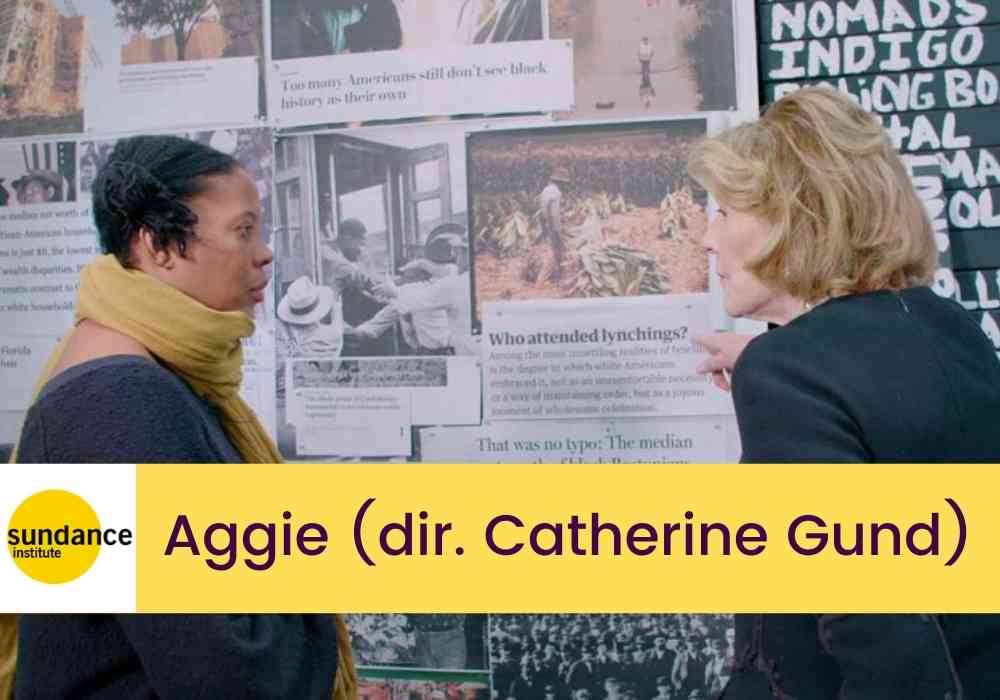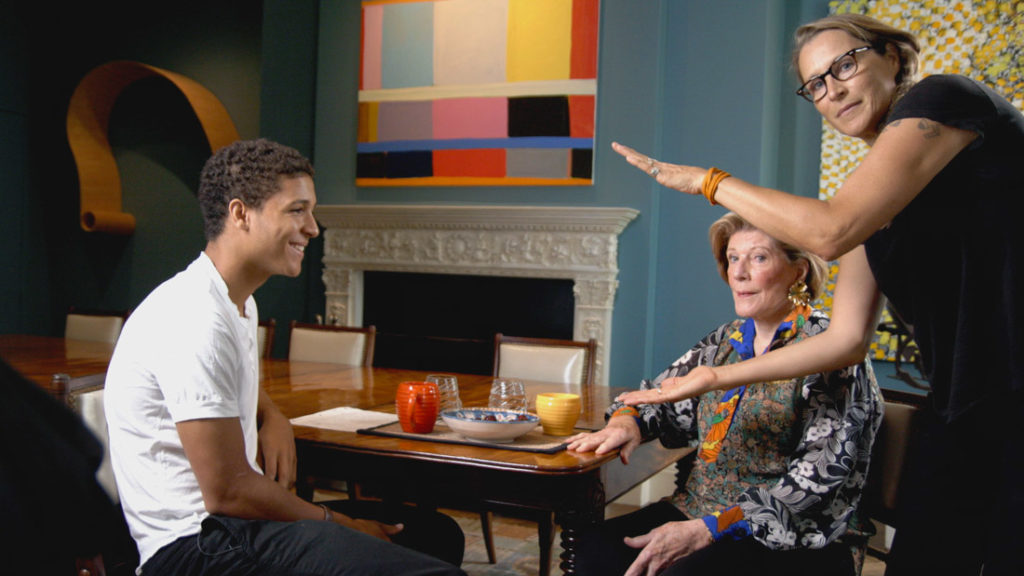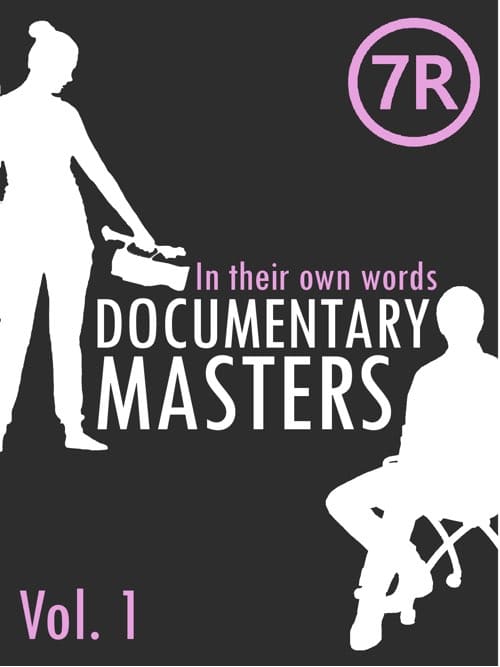Catherine Gund’s Aggie is both a celebration of an extraordinary woman, and a call to arms for the viewer to think about how they too can enact change. Read the rest of our Sundance Film Festival coverage here.

80-year-old art collector and philanthropist Agnes Gund is a fascinating documentary subject: for decades, she has used her wealth and power as an art collector to champion diverse creators and to set up organisations that enact real social change. Through interview-style conversations between Aggie and her friends, candid moments between mother and daughter, and archive footage, director Catherine Gund (Aggie’s own daughter) crafts a portrait of her mother’s achievements in Aggie. In 1977, Aggie heard that New York City schools were losing arts funding, so she founded Studio in a School, a program that brings working artists into schools to teach kids. In 2017, after attending a screening of Ava DuVernay’s 13th, she sold Roy Lichtenstein’s painting “Masterpiece” for $100 million. She used the profits to start the Art for Justice Fund, an initiative which seeks to reduce mass incarceration in the United States. In the words of Mellon Foundation president Elizabeth Alexander, who appears in the documentary, “She laid bare wealth and privilege. Most people who have it act like they don’t have it.”
Aggie strikes an interesting balance between historical document and personal portrait, splitting its time between discussions with Aggie about her past and personhood, and factual accounts of how she fought for change, using archival footage. In one sense, by choosing not to focus all of its attention on being either, the film feels unfocused. Yet by splitting its focus, Aggie is true to the eponymous subject’s spirit of allyship. The film is both a celebration of an extraordinary woman, and a call to arms for the viewer to think about how they too can enact change. It’s a guide to being an ally, something that Aggie, a privileged white woman, has been a shining example of for decades.

Aggie is a difficult subject to crack on a personal level, even with her own daughter behind the camera. At the beginning of the film, director Gund asks her mother what she hopes will come of this documentary. “I hope that the film will not be seen by too many people,” Aggie replies flatly and sincerely. Gund attempts to draw out personal information and revelations from her mother, bringing in various family members and collaborators to interview Aggie on her behalf. These range from Lichtenstein’s wife, to film director John Waters, all of whom hold huge affection for Aggie. But Aggie, while warm and personable in her own way, is never very forthcoming, preferring to let her actions and her ideals supersede her personal presence. She’s a modest woman; the film forms a portrait of her life through examining the massive impact she’s had on others more than it does through talking to the woman herself.


